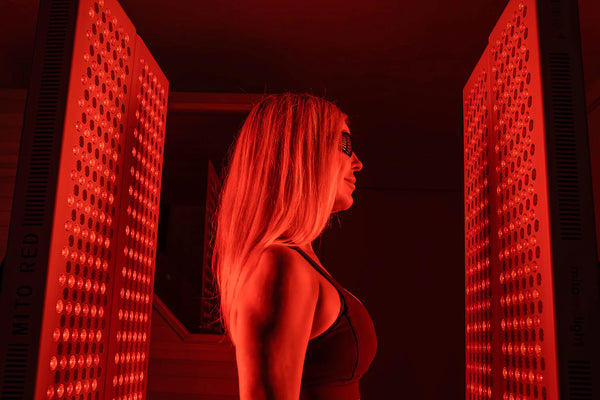Abstract
Objective: Our aim was to assess the efficacy of polarized polychromatic noncoherent light (Bioptron light) in the treatment of idiopathic carpal tunnel syndrome.
Background: Carpal tunnel syndrome is the most common compression neuropathy, but no satisfactory conservative treatment is available at present.
Method: An uncontrolled experimental study was conducted in patients who visited our clinic from mid-2001 to mid-2002. A total of 25 patients (22 women and three men) with unilateral idiopathic carpal tunnel syndrome, mild to moderate nocturnal pain, and paraesthesia lasting >3 months participated in the study. The average age of the patients was 47.4 years and the average duration of patients' symptoms was 5.2 months. Polarized polychromatic noncoherent light (Bioptron light) was administered perpendicular to the carpal tunnel area. The irradiation time for each session was 6 min at an operating distance of 5-10 cm from the carpal tunnel area, three times weekly for 4 weeks. Outcome measures used were the participants' global assessments of nocturnal pain and paraesthesia, respectively, at 4 weeks and 6 months.
Results: At 4 weeks, two patients (8%) had no change in nocturnal pain, six (24%) were in slightly less nocturnal pain, 12 (48%) were much better in regard to nocturnal pain and five (20%) were pain-free. At 6 months, three patients (12%) were slightly better in regard to nocturnal pain, 13 (52%) were much better regarding nocturnal pain, and nine patients (36%) were pain-free. At 4 weeks, four patients (16%) had no change in paraesthesia, five (20%) were slightly better, 13 patients (52%) were much better, and three patients (12%) were without paraesthesia. At 6 months, two patients (8%) had no change in paraesthesia, two (8%) were slightly better, 14 (56%) were much better, and seven (28%) were without paraesthesia.
Conclusions: Nocturnal pain and paraesthesia associated with idiopathic carpal tunnel syndrome improved during polarized polychromatic noncoherent light (Bioptron light) treatment. Controlled clinical trials are needed to establish the absolute and relative effectiveness of this intervention.

